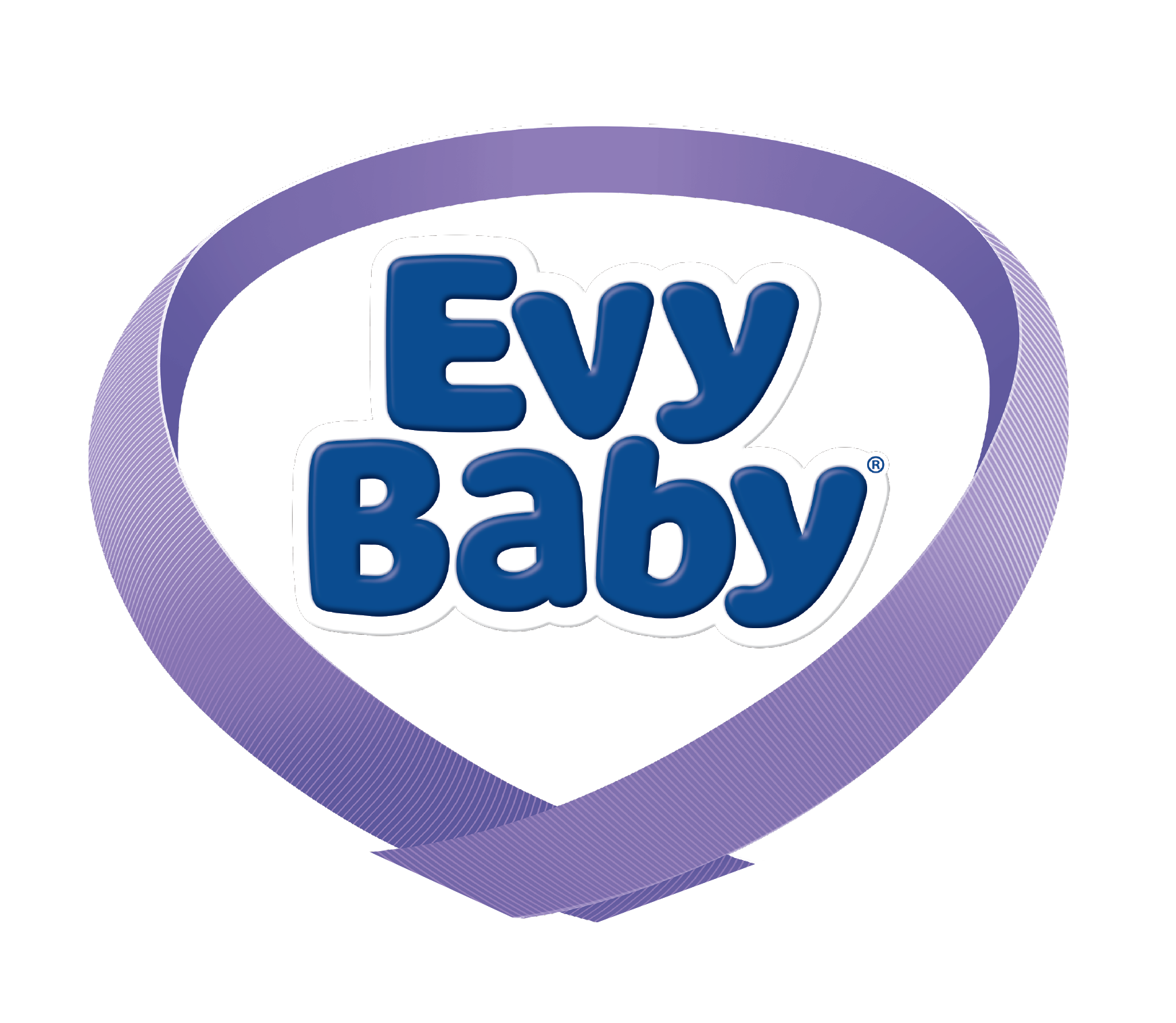

The first concern of the new mothers about their newborns’ health is whether they are fed sufficiently or not. Most of the mothers going through this period certainly have this concern either for a long or a short time.
The infants fed sufficiently, particularly with breast milk, have a stronger immune system, as well as a better brain development. However, some nutrients contained in breast milk may have adverse effects on the newborn. New mothers should thus be extremely careful about what they eat after the birth as well.
Most mothers who think that their breast milk is insufficient and that they cannot feed their newborns adequately panic as they consider this to be a permanent problem. On the other hand, inadequacy of breast milk is associated with some of the psychological and daily habits, of which the most prominent is nutrition. In this article of Mom’s Land, we will give some tips on proper nutrition for breastfeeding mothers to the new mothers or the women quite far along in their pregnancy. Here are what you should do for a proper nutrition, both for you and your baby, and an adequate amount of breast milk:
- Avoid too much spicy food. Newborns of the mothers who consume spicy foods frequently and in large amounts may be disturbed as they will receive the nutrients via breast milk. Moreover, if your baby has diarrhea, is vomiting or suffering from stomachache, you should certainly avoid spicy foods as a breastfeeding mother.
- Breastfeeding moms, beware of the caffeine! We know that each cup of coffee makes you relax and relieved and helps ease the burden on you. Yet, you are a breastfeeding mother and your baby absolutely needs no caffeine. If you want your baby to have a regular sleep pattern, you should drink no more than one cup of coffee a day.
- Keep away from acidic fruits or beverages in this period. Though containing high levels of Vitamin C, some fruits such as mandarin, lemon, pineapple and orange may cause skin rashes, increased flatulence and other digestive disorders in your breastfed newborn as they are acidic fruits.
- If you are a mother who drinks a lot of milk or consumes lots of dairy products, your breastfed newborn may develop allergy to cow’s milk. In such case, abdominal swellings may be seen in your baby.
- Trans fats or saturated fats should also be avoided by breastfeeding mothers. As known by virtually everyone, Omega-3 fatty acid is one of the substances affecting the brain development of the infants the most. Trans fat and saturated fat intake reduces the Omega-3 production in your newborn’s body.
- Even though they are healthy vegetables, cabbage, broccoli, cucumber, cauliflower and peas should not be eaten frequently as they cause flatulence in breastfeeding women.
- Breastfeeding women should be careful more than ever about the healthiness of the fruits and vegetables they eat. If you are a breastfeeding mother and suspect that pesticide residues may be present on the foods you eat, make sure that you wash the fruits or vegetables thoroughly. Try to eat the fruits or vegetables after peeling the skin off if at all possible.
- Breastfeeding period is not an appropriate one to go on a diet. You should thus shelve, for a while, the idea that you could lose the weight you have put on during pregnancy by going on a diet. That is because the breastfeeding mothers are supposed to take 300 to 500 calories a day in addition to their daily standard calorie requirement.
- You are going through a period in which your energy need is at its highest. Therefore, you should prefer whole-grain foods as well as the carbohydrate-rich fruits and vegetables.
- In order to meet your calcium need, you can drink 3 to 4 glasses of milk a day, or if you do not quite like milk, you can eat 3 to 4 portions of cheese or yoghurt as well.
- Protein is also highly important for the breastfeeding mothers. Thus, your consuming chicken, turkey, non-fat red meat, eggs and fish helps to a great extent the healthy development of your newborn.
- You should certainly use healthy fats and oils in your meals. Salmon oil, avocado oil and olive oil in particular are highly important and beneficial in that they contain unsaturated fatty acids.
- Drinking water is the foremost resort of the mothers and their babies during breastfeeding period. As a breastfeeding mother, try to drink no less than 2.5 l of water a day. As the babies who cannot drink water during this period meet their water needs from the breast milk, it is crucial that the mothers drink enough water and meet their fluid needs adequately.
- Compotes play a significant role in meeting the water needs of the breastfeeding mothers. Being healthy as they are made of natural fruits, compotes are beneficial for both the mothers and the breastfed newborns.
- As they may cause some health problems, you should not consume meat products and convenience foods containing additives such as sausage, bologna sausage and salami, and should avoid fast food and such.
- Molasses which is one of the most prominent food products increasing the breast milk should also certainly be included in the daily diet of the breastfeeding mothers. Moreover, breastfeeding mothers are recommended to consume molasses, which also helps blood formation, instead of sugar.